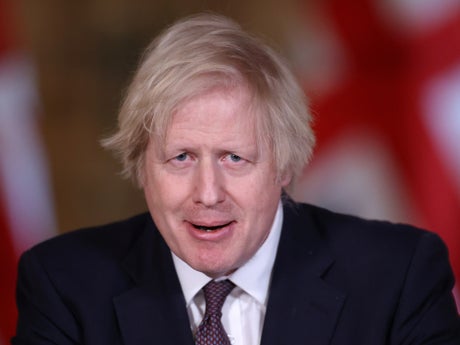
A government bill containing new powers to crack down on protests has cleared its first hurdle in the Commons — despite warnings from civil liberties groups.
MPs voted by 359 to 263 to pass the police, crime, sentencing and courts bill at second reading on Tuesday evening, following two days of debates on the contentious proposals.
Boris Johnson’s government, meanwhile, confirmed the UK’s nuclear arsenal could be increased, as the prime minister set out his post-Brexit foreign and defence policy in the Commons.
Foreign secretary Dominic Raab defended the decision to increase the limit on Trident warheads by 40 per cent, calling nuclear weapons the “ultimate insurance policy”.
Mr Johnson accused Labour of being “weak on defence” by failing to back the move.
Labour leader Keir Starmer questioned the purpose of the move – arguing that it “breaks the goal” of successive PMs to cut the nuclear stockpile.
It came as Sir Keir faced an awkward “red wall” by-election test after Labour announced Hartlepool MP Mike Hill had quit.
The sudden announcement set up a fresh electoral contest in the northeastern town, a seat long-held by Labour, marking the first test of Sir Keir’s leadership since taking over from Jeremy Corbyn last year.







